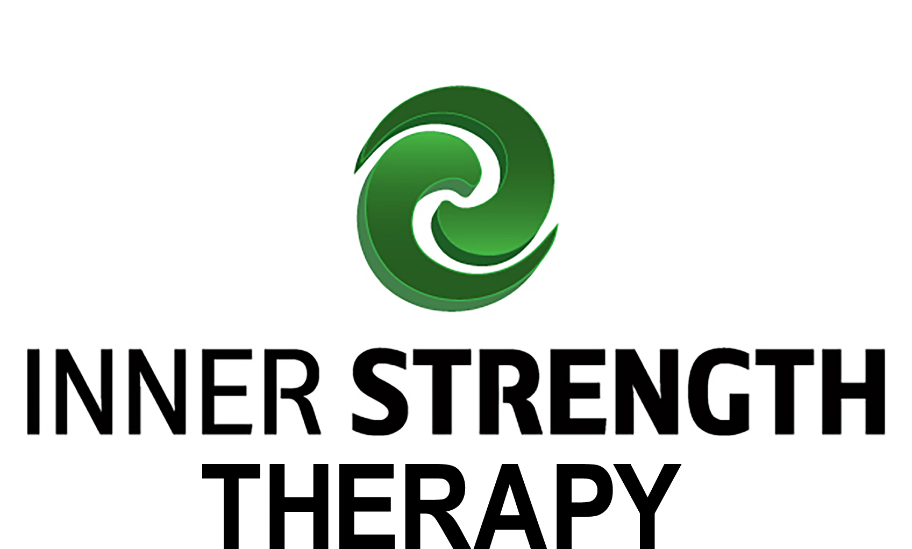
ANXIETY
ANXIETY
Anxiety is a feeling of worry, unease or nervousness about something with an undetermined outcome. Anxiety is also the general term for mental health disorders that can manifest through panic attacks, post-traumatic stress or obsessive compulsive behaviours. Such disorders cause apprehension, fear and excessive worrying which in turn affect how we feel and behave, and can cause actual physical symptoms.
SYMPTOMS
Anxiety can be mild and somewhat normal, for example, the anxiety one might feel before sitting a test, interview or examination. Everyone will experience anxiety during their lives; it is a normal reaction to stress and it is not unusual to have occasional worry over a life event such as a breakup that leaves you upset. In fact, sometimes anxiety can be a good thing as it can act as a motivator for you to accomplish a goal or challenge and can also act as a warning signifier when danger looms – fight or flight. The problem is when anxiety causes symptoms which compromise your quality of life. Such feelings of anxiety are intense and excessive and interfere with day-to-day life and overall health. Normal anxiety fades away while intense anxiety (an anxiety disorder) threatens to take over your life making even the smallest tasks seem daunting.
EMOTIONAL RESPONSE
The emotional responses that come through an anxiety disorder are ongoing and can last for weeks, months or even years affecting your entire existence. Anxiety can interfere with school work, jobs, social events, or even your daily life. Some people suffering anxiety cannot even leave their house, it is that debilitating. Physical symptoms are common and include headaches, nausea, sweating, heart palpitations, dizziness and light-headedness. You may feel like you can’t breathe or talk, you may go to the bathroom frequently or not be able to go at all.
ANXIETY REACTIONS
Often, people with anxiety feel detached, disconnected from reality. Anxious people have difficulty concentrating and feel like they can’t think straight. Major anxiety provokes negative thoughts and much worry to the point where avoidance occurs, even for so-called normal activities. The good news is that anxiety disorders are treatable with different kinds of therapies and even medication. The most important step is to ask for help and know that suffering from anxiety does not have to seize your life. Beyond Blue report that within any one year, over 2 million people will have anxiety so know that you are not alone and help is available.
